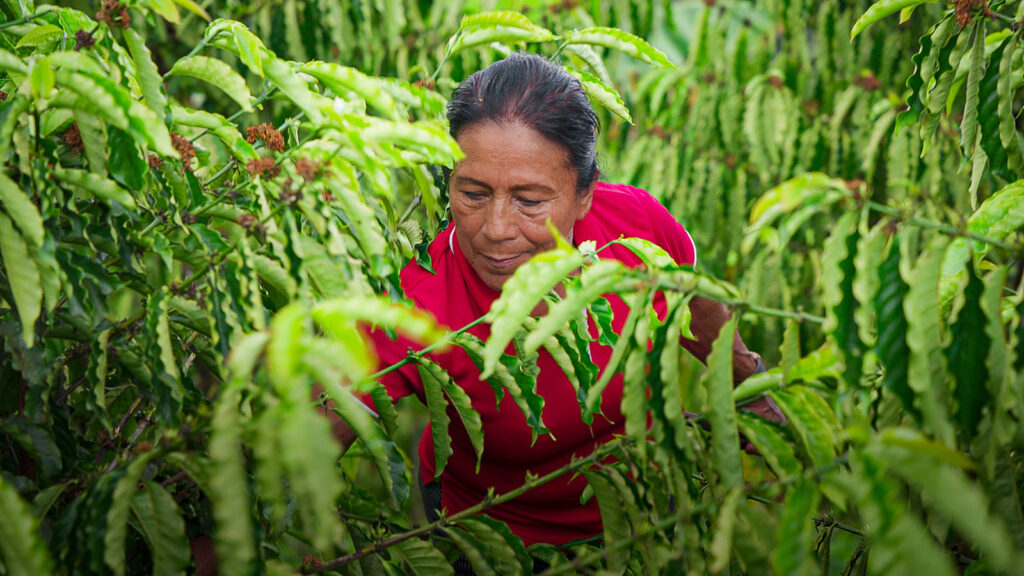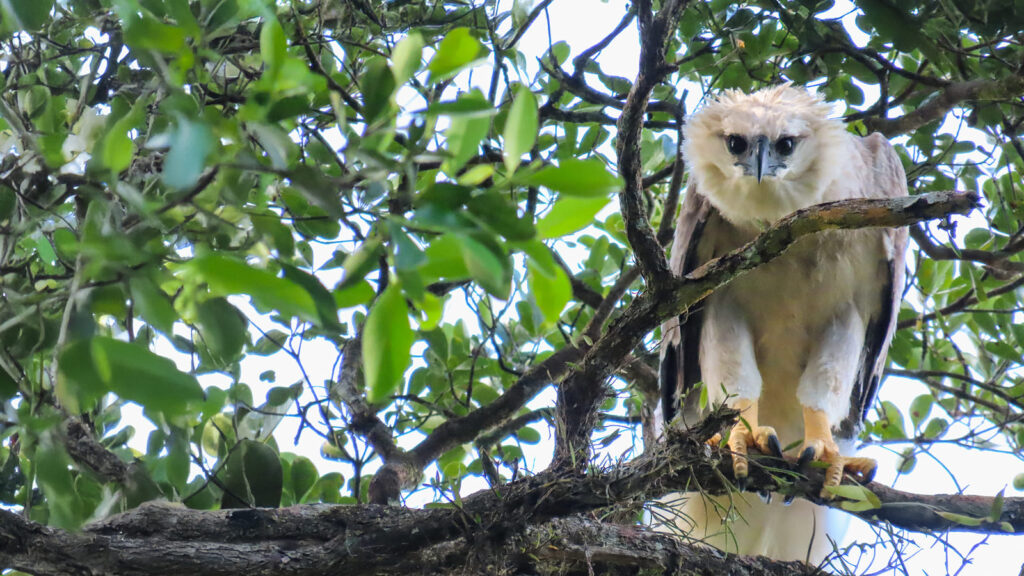
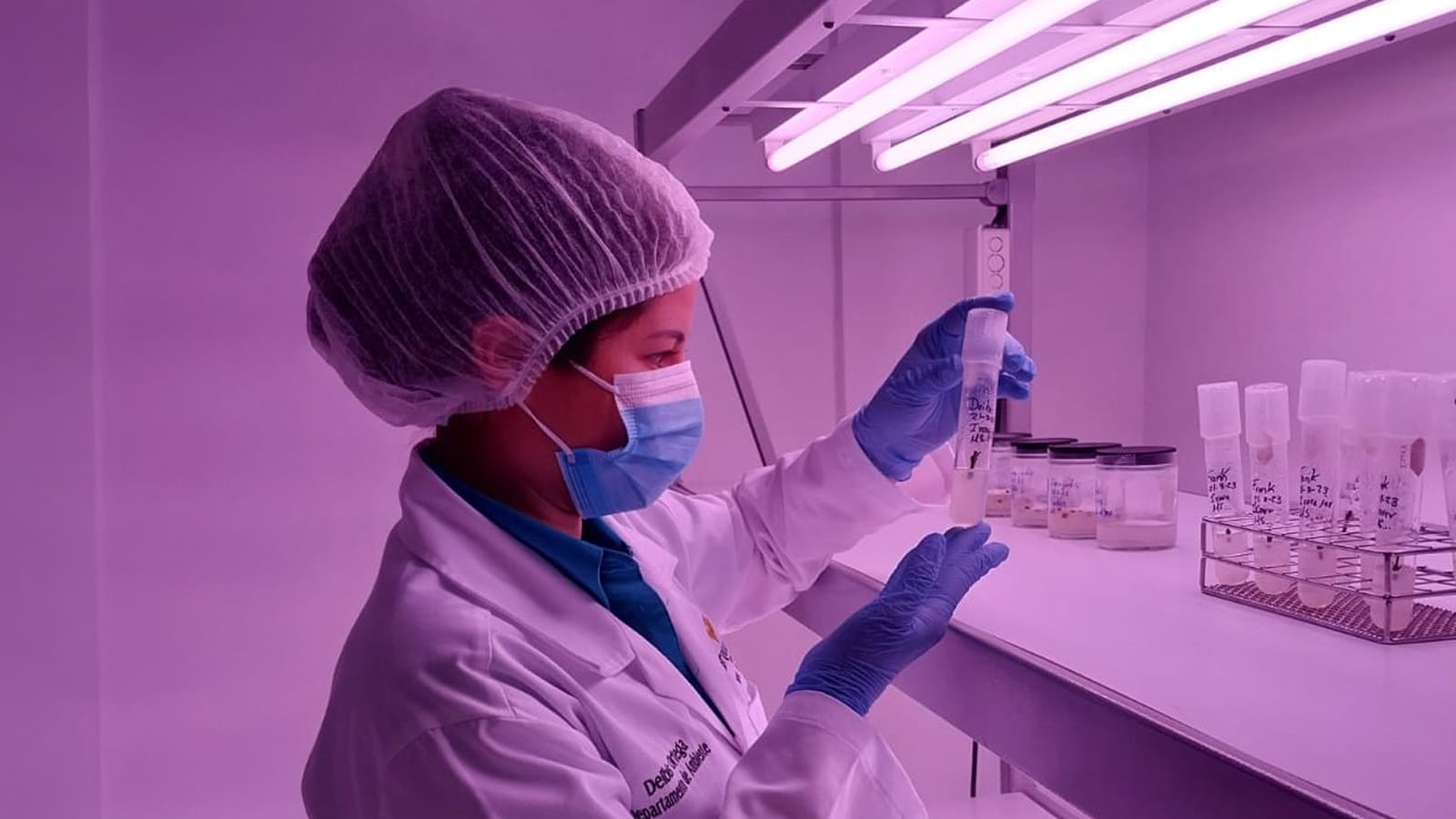
Insight
Native species start small
Cobre Panamá, in alliance with the Universidad Latina, has developed and brought into operation the Micropropagation and In Vitro Conservation Laboratory, where Panamanian science has a space for research and reproduction of native and endemic species of Panama.
A diverse team of microbiologists, plant biotechnologists, botanists and biodiversity support staff work together in the lab to preserve the gene pool of native flora species. Their research will be integrated into the rehabilitation programs at Cobre Panamá, ensuring the conservation of Panama’s unique flora for future generations.
Continuous restoration
The plants grown in vitro in this laboratory, once acclimated, will be part of the continuous restoration programs of the mining areas, as well as the conservation plans for these species in other areas of the country. Micropropagation is most commonly used in vitro culture applications, which allows us to obtain ‘clones’ from explants (fragments) of a mother plant. In other words, from a small section, you could obtain plants that are genetically identical to the original plant.
Micropropagation is used in the conservation of threatened species by producing healthy, virus-free plants, and enabling the mass production of ornamental and medicinal plants, as well as certain crops of agronomic importance. Micropropagation techniques allow the multiplication of those plants that resist conventional propagation, preserve their genetic integrity and obtain high yield rates from a reduced starting material.
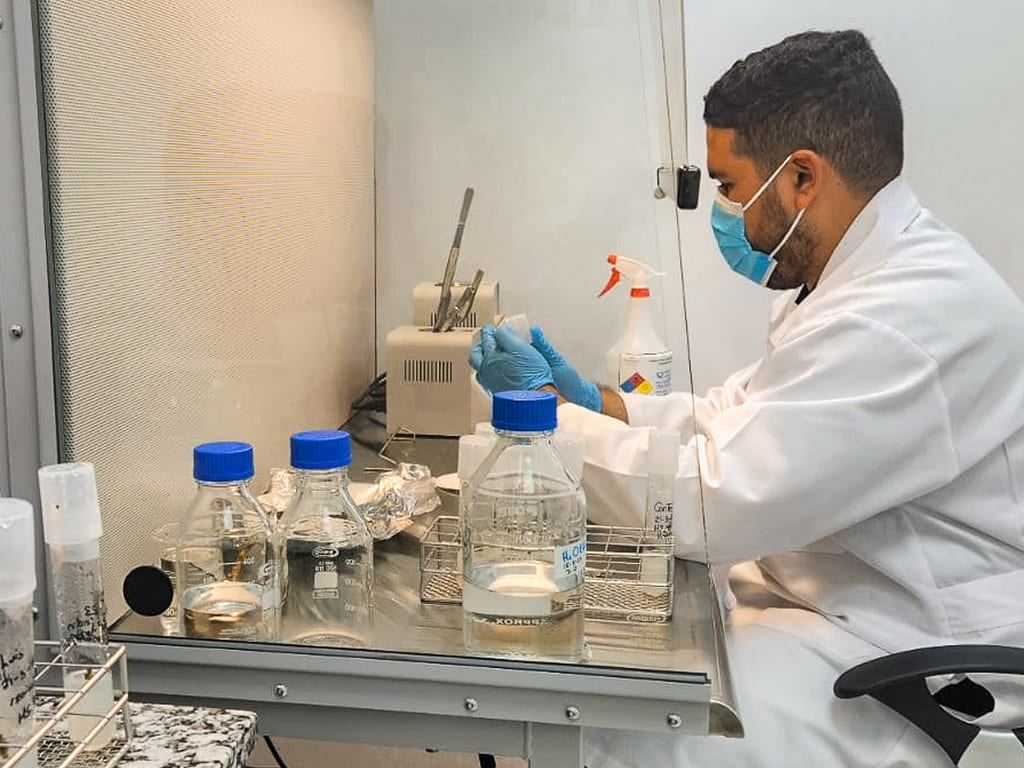
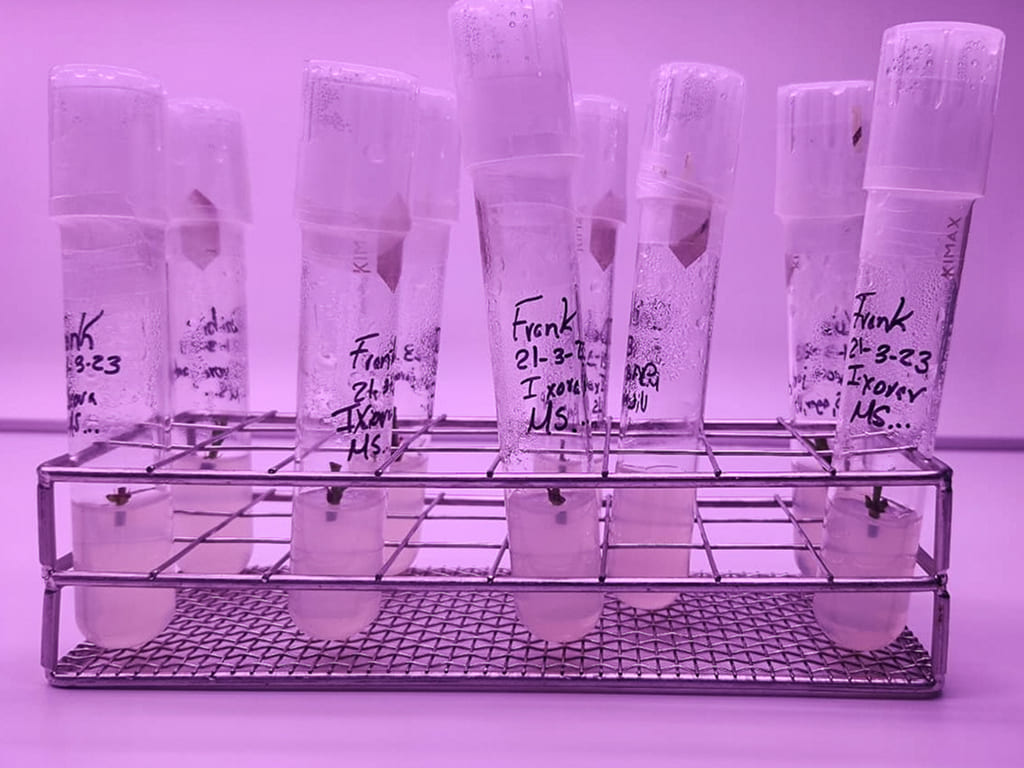
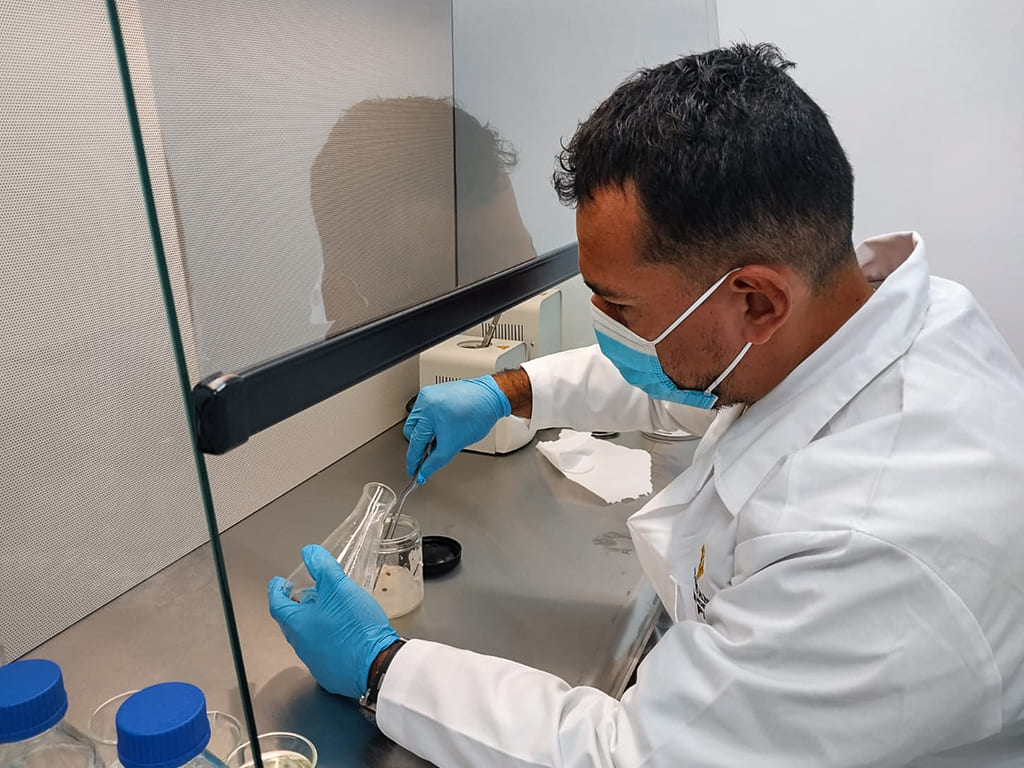
Related Insights
Stay up to date
Sign up to receive updates with insights and stories from around First Quantum, our operations, our projects and our communities.
Sign up
